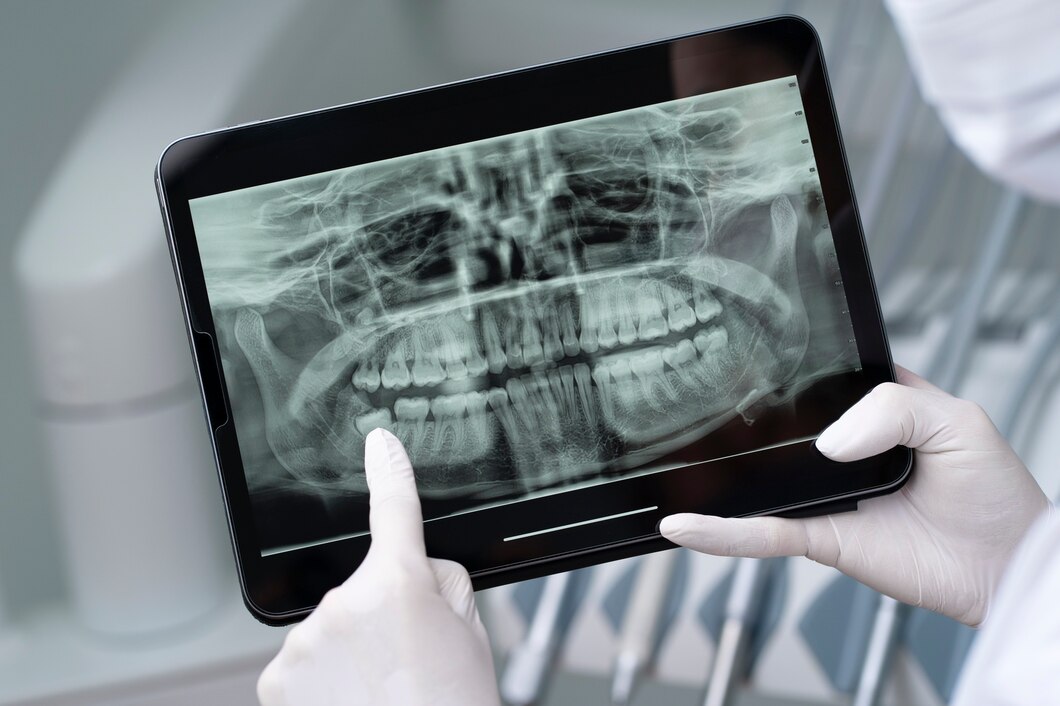Wisdom teeth, also known as third molars, typically emerge between the ages of 17 and 25. While these teeth are a natural part of human dental development, not everyone has enough space in their jaw to accommodate them. When wisdom teeth grow abnormally—such as being trapped under the gums or erupting at an improper angle—they can lead to various serious oral health issues.
One of the most common problems caused by impacted wisdom teeth is pain and discomfort. Trapped teeth can exert pressure on neighboring teeth, leading to sharp pain and inflammation in the surrounding area. This pain can interfere with daily activities, disrupt eating habits, and affect sleep quality. If left untreated, the pain may worsen and potentially lead to a gum abscess, a serious infection.
Impacted wisdom teeth can also increase the risk of damage to adjacent teeth. When a wisdom tooth pushes against another tooth, it can cause erosion or even fractures. Additionally, the hard-to-reach area around wisdom teeth can become a breeding ground for bacteria, increasing the likelihood of tooth decay and gum disease. According to Prof. drg. Soelistiono, Sp.BM(K), in his inaugural speech, abnormally growing wisdom teeth can also disrupt the harmony of the chewing mechanism, affecting overall chewing function (Professor Soelistiono’s Inauguration: Impacted Wisdom Teeth Cause Chewing Dysfunction). Therefore, removing impacted wisdom teeth not only resolves immediate issues but also protects long-term dental and oral health.
Furthermore, undergoing wisdom tooth extraction can provide long-term relief and enhance quality of life. By eliminating the source of pain and infection risk, individuals can return to their daily activities without persistent oral health issues. The recovery process after wisdom tooth extraction is generally quick, and with proper care, most people can resume their normal routines in a short time.
Extracting impacted wisdom teeth is a preventive measure for maintaining oral health. By understanding the risks associated with abnormal wisdom tooth growth and taking proactive steps, we can safeguard our dental health and prevent more severe problems in the future. If you or someone you know is experiencing discomfort due to wisdom teeth, it is highly recommended to consult a dentist for evaluation and appropriate treatment. This effort also aligns with the achievement of the Sustainable Development Goals (SDGs), particularly Goal 3: Good Health and Well-being, Goal 4: Quality Education, and Goal 8: Decent Work and Economic Growth.
References
Prof drg Soelistiono Sp.BM(K), Professor Soelistiono’s Inauguration: Impacted Wisdom Teeth Cause Chewing Dysfunction, https://ugm.ac.id/id/berita/1150-pengukuhan-prof-soelistiono-gigi-geraham-bungsu-sebabkan-gangguan-keharmonisan-alat-pengunyah/
Author: Rizky B. Hendrawan | Editor: Shinta | Photo: Freepik

